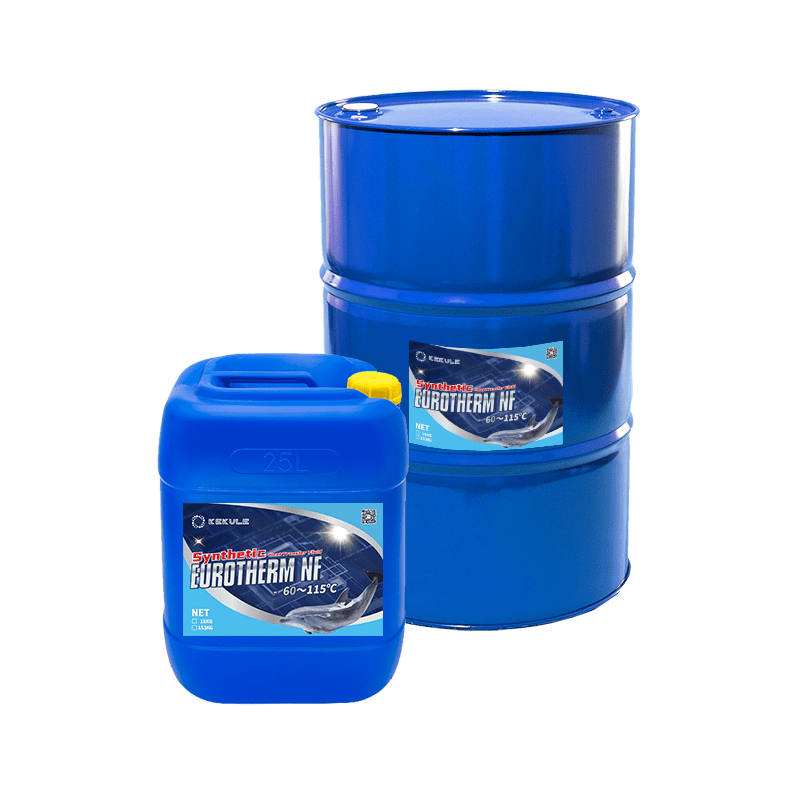The Duty of Warmth Transfer Liquid in Enhancing System Efficiency and Safety
In the ever-evolving landscape of commercial procedures, heat transfer fluids (HTFs) arise as critical elements in optimizing both system efficiency and security. These specialized fluids, known for their premium thermal conductivity and controlled viscosity, allow effective warmth exchange, which is indispensable for streamlined operations.
Understanding Warmth Transfer Fluids
Heat transfer fluids, commonly thought about the lifeblood of thermal management systems, play a crucial duty in managing temperature across various industrial applications - heat transfer fluid. Industries such as chemical processing, power generation, and production count on heat transfer fluids to make sure equipment operates effectively and securely.
The choice of a suitable warmth transfer liquid is crucial to the success of a thermal administration system. In summary, a detailed understanding of warm transfer liquids is essential for optimizing system performance, ensuring functional safety and security, and achieving economical thermal monitoring solutions.
Key Residence of HTFs

The details warmth capacity of an HTF defines the amount of warm energy needed to alter its temperature, influencing how effectively the system can reply to temperature level variations. The boiling and freezing points of HTFs additionally play a pivotal role, especially in systems exposed to severe temperatures, guaranteeing fluid security and preventing stage adjustments throughout operation. In addition, the chemical stability of HTFs under differing thermal problems is important to avoid destruction and expand fluid life. Compatibility with system products is required to stay clear of corrosion and material degradation, making sure long-lasting operational integrity. These properties jointly educate the selection of an ideal HTF for specific industrial applications.
Enhancing System Performance
To enhance system efficiency with warm transfer liquids (HTFs), it is necessary to incorporate an extensive strategy that considers both liquid residential properties and system layout. The selection of a suitable HTF is critical, as its thermal conductivity, viscosity, and particular warmth ability directly affect the effectiveness of warm exchange. High thermal conductivity ensures quick heat transfer, while ideal thickness facilitates smooth flow via the system, lessening energy intake. In addition, a high details heat capacity permits the fluid to store and transfer even more thermal power, enhancing total system efficiency.
Similarly crucial is the layout of the warmth transfer system itself. The surface area and material of warm exchangers must be maximized to his response optimize warm transfer performance.
Boosting Operational Safety
Making sure operational security in warm transfer systems calls for a thorough concentrate on both the homes of warm transfer fluids (HTFs) and the design and maintenance of the entire system. HTFs have to have thermal security, reduced flammability, and proper viscosity to minimize risks such as leakages, fires, and system malfunctions. Choosing the best HTF is vital as it figures out the system's capability to take care of temperature level fluctuations without endangering security.
The design of the system need to include redundancies and fail-safes to take care of possible dangers efficiently. This consists of the combination of safety valves, stress alleviation devices, and temperature level tracking systems to discover and address abnormalities quickly. Regular upkeep is crucial to guarantee that all parts, including pumps, pipes, and seals, are working correctly and are devoid of wear or rust, which can cause dangerous leakages or failures.
Moreover, personnel liable for the operation and upkeep of heat transfer systems need to be properly educated in safety procedures and emergency action treatments. Consistent training programs and safety and security drills can significantly minimize the likelihood of mishaps, making certain a much safer working setting. Ultimately, an extensive strategy to safety-- including liquid option, system design, and workforce training-- is crucial for optimal operational safety.
Industry Applications of HTFs
Widely used throughout numerous sectors, heat transfer fluids (HTFs) play an important duty in enhancing the efficiency and dependability of thermal administration systems. In the chemical sector, HTFs are indispensable for maintaining precise temperatures during reactions, making sure item uniformity and high quality. They promote warmth exchange procedures in activators, condensers, and warmth exchangers, therefore maximizing energy usage and minimizing waste.
In the oil and gas field, HTFs are used in both upstream and downstream procedures. They take care of temperature in drilling operations and improve performance in refining processes by offering secure thermal conditions. This leads to minimized downtime and improved security, especially in important procedures go to website such as distillation and breaking.
The renewable energy sector additionally profits substantially from HTFs, especially in concentrated solar energy (CSP) plants. Below, HTFs move caught solar power to power wind turbines, allowing efficient power generation. The pharmaceutical sector relies upon HTFs for accurate temperature level control in both synthesis and storage space, guaranteeing product efficiency and security.


Additionally, the food and drink industry makes use of HTFs for pasteurization, sanitation, and cooking procedures, enhancing both item security and production effectiveness. Across these sectors, HTFs act as crucial elements in keeping ideal functional performance and safety and security.
Final Thought
Warmth transfer check my reference fluids are vital in enhancing commercial system efficiency and safety by providing high thermal conductivity, ideal thickness, and thermal security. Correct option and upkeep of HTFs enhance heat exchange efficiency, thus improving functional performance.